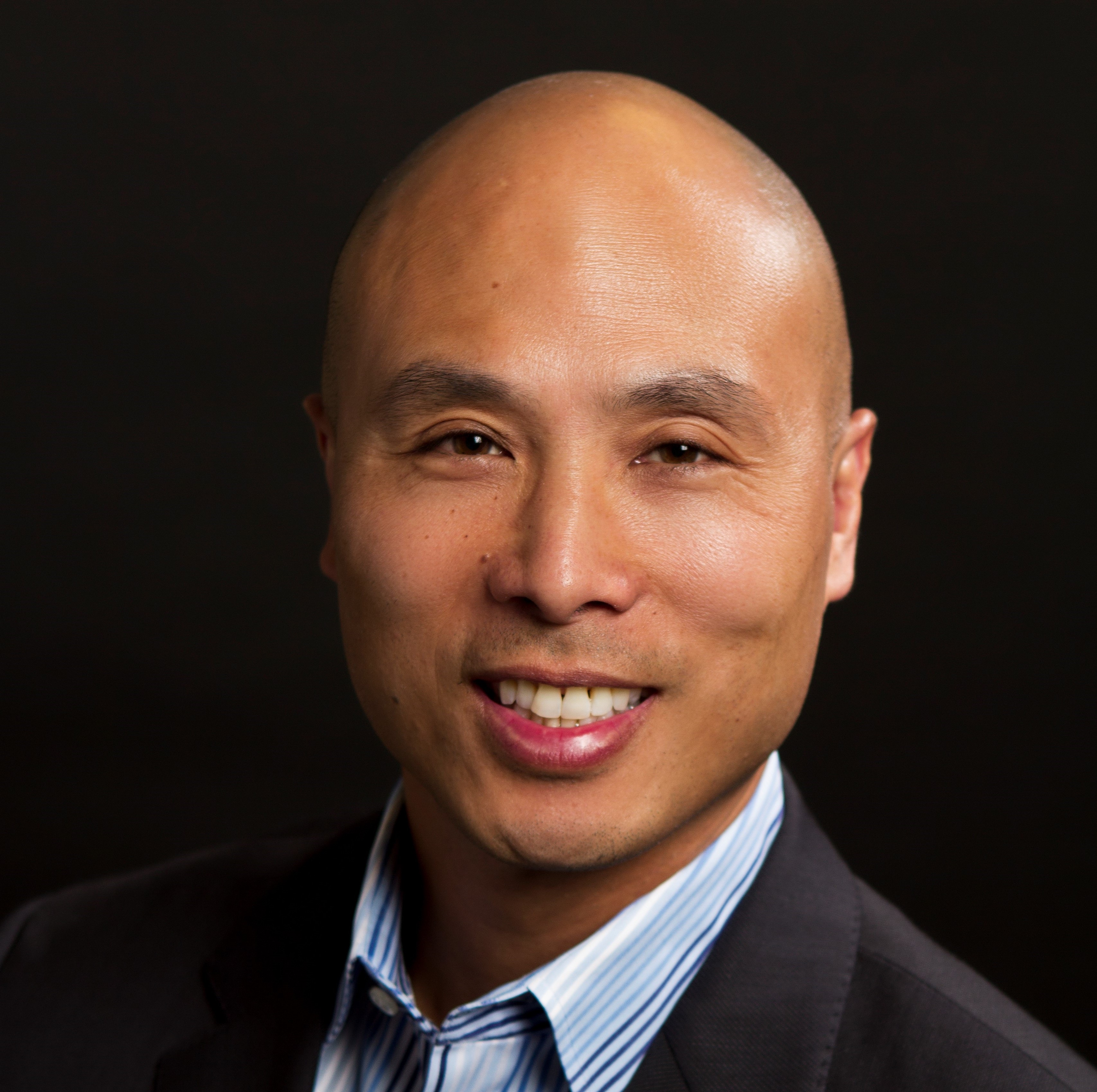
Sam Louie
MA, LMHC, S-PSB, CSAT
Sam Louie is psychotherapist, author, and mental health workshop facilitator. His focus as a Christian counselor specializing in problematic sexual behaviors is helping men and women see beyond their sexual brokenness and recognize the sanctity of their souls.
As a born-again Christian, he realizes faith can not happen in a vacuum. For those who are dealing with compulsive sexual behaviors, this is even more true where a community of believers is essential to come alongside and shepherd the lost, hurt, and isolated so one can be restored sexually, relationally and spiritually as well.
Prior to therapy, Sam spent more than a decade as an Emmy Award-Winning former television journalist where he researched, produced, and reported on a number of stories related to psychotherapy, culture, and addiction recovery. Sam is the author of Asian Shame & Addiction: Suffering in Silence which details the impact of Asian cultural shame and collectivism on addictions. Sam currently writes a blog for Psychology Today, "Minority Report: Candid Conversations on Race, Culture, and Psychotherapy."
Sam received his Master of Arts (M.A.) in Clinical Psychology: Marriage and Family Therapy (emphasis) from Azusa Pacific University. His training includes individual, couples, and group psychotherapy. Sam also has experience working with populations dealing with trauma, addictions, domestic violence, cultural and relationship issues. He is a specialist in problematic sexual behaviors (S-PSB) through the Society for Advancement of Sexual Health (SASH) since 2011. In addition, he is a certified sex addiction therapist (CSAT).
On a personal note, Sam is a first-generation, Chinese-American immigrant who grew up South Seattle amidst three generations of addictions. Consequently, he understands first-hand the challenges of addictions and recovery.
Books by Sam Louie PASSPORT TO SHAME: From Asian Immigrant to American Addict Available Now on AMAZON
"*" indicates required fields

